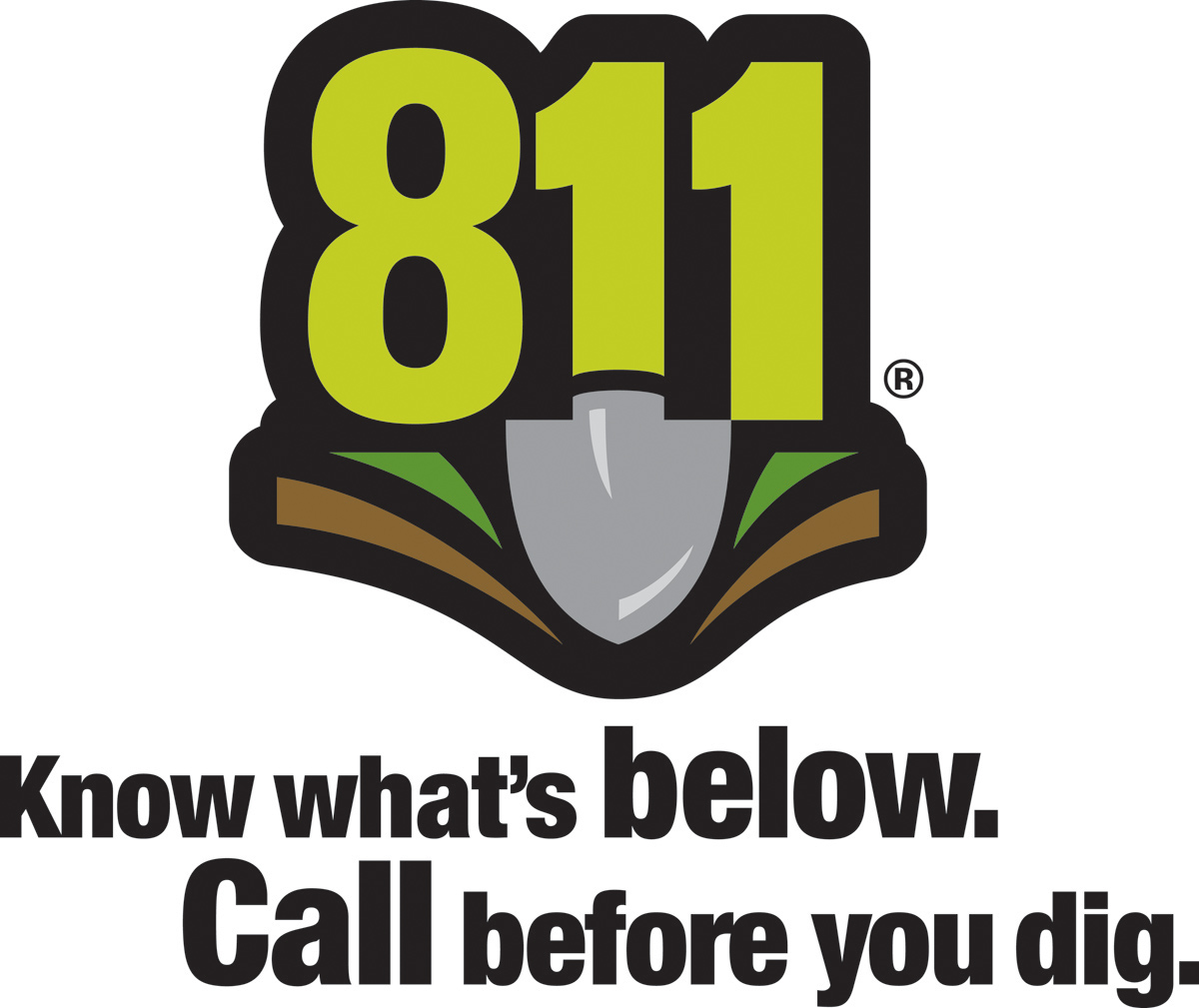Generators, widely used when power lines are down, can prove fatal to lineworkers and your neighbors when used improperly. A generator connected to a home’s wiring or plugged into a regular household outlet can cause back feeding along power lines and electrocute anyone who comes in contact with them—even if the line seems dead.
Tennessee Line Worker Safety Law
In 2021, Governor Bill Lee signed into law the Tennessee Line Worker Safety Law.
This law:
- Requires electric generating equipment (like generators, solar panels, wind turbines, etc) to comply with all relevant national electric code standards.
- Makes installation of the equipment subject to inspection by the State electrical inspector.
- Requires the equipment include the capability to separate itself from the grid.
- Requires customers to notify an electric utility they are installing the equipment and allow it to be tested for safety.
- Protects electric utilities from liability from any fines, penalties, injuries, or damages caused by the equipment.
For complete details, click here.
Generator Safety Tips
LUS employees are not the only ones in danger when a portable generator is used improperly. Generator owners themselves may be at risk of electrocution, fire injury, property damage, or carbon monoxide poisoning if they do not follow the necessary safety rules.
- Read and adhere to the manufacturer’s instructions for safe operation. Be sure you understand the generator before hooking it up. Never cut corners when it comes to safety!
- Never connect a generator directly to your home’s wiring unless your home has been wired for generator use. This can cause back feeding along power lines and electrocute anyone coming in contact with them, including lineworkers making repairs. Have a licensed electrician install the equipment necessary to safely connect emergency generators to your home. Properly connecting the generator into the system is a critical step for safe and effective use.
- A licensed professional should install a permanent, standby electric generator and can help with proper equipment for safely using a portable generator. Have a qualified electrician install a transfer switch. The transfer switch breaks the path of electricity between the power lines and your main electrical panel. This is the best way to protect you, your neighbors and repair crews from “back feed.” It is your responsibility to take necessary steps to prevent the injury of anyone near lines, especially crews working to restore power.
- Always plug appliances directly into generators. Connecting the generator to your home’s circuits or wiring must be done by a qualified, licensed electrician who will install a transfer switch to prevent back feeding.
- Use heavy-duty, outdoor-rated extension cords. Make sure extension cords are free of cuts or tears and the plug has three prongs. Overloaded cords can cause fires or equipment damage.
- Ensure your generator is properly grounded.
- Never overload a generator. A portable generator should only be used when necessary to power essential equipment or appliances.
- Turn off all equipment powered by the generator before shutting it down.
- Keep the generator dry. Operate it on a dry surface under an open structure.
- Never fuel a generator while it is operating. Turn off generator and allow cooling before refueling. Gasoline and its vapors may ignite if they come in contact with hot components or an electrical spark. Store fuel in a properly designed container in a secure location away from the generator or other fuel-burning appliances, such as water heaters. Always have a fully charged, approved fire extinguisher located nearby.
- Maintain adequate ventilation. Generators emit carbon monoxide. It is against fire code to operate a generator in your home, garage, or other enclosed building. Place it in a dry, outside location.
- A qualified vendor or electrical professional can help you select the best equipment for your situation or needs. A reliable vendor will know existing safety codes and your utility’s safety requirements. Installed and operated correctly, use of a standby or portable electric generator poses little danger, but improper installation or use could be dangerous to you and threaten the lives of your family, friends, neighbors and electric utility crews trying to restore power.
- Remember maintenance between uses. It’s important to drain the gasoline from the generator while it is being stored. It’s also a good idea to inspect the fuel and oil filters, spark plug, oil level and fuel quality and start the generator on a regular basis before an emergency situation happens.
We encourage you to protect the well-being and safety of your family during outages and to safeguard those who come to your aid during emergency situations. When we work together for safety and the good of our communities, we all benefit.



